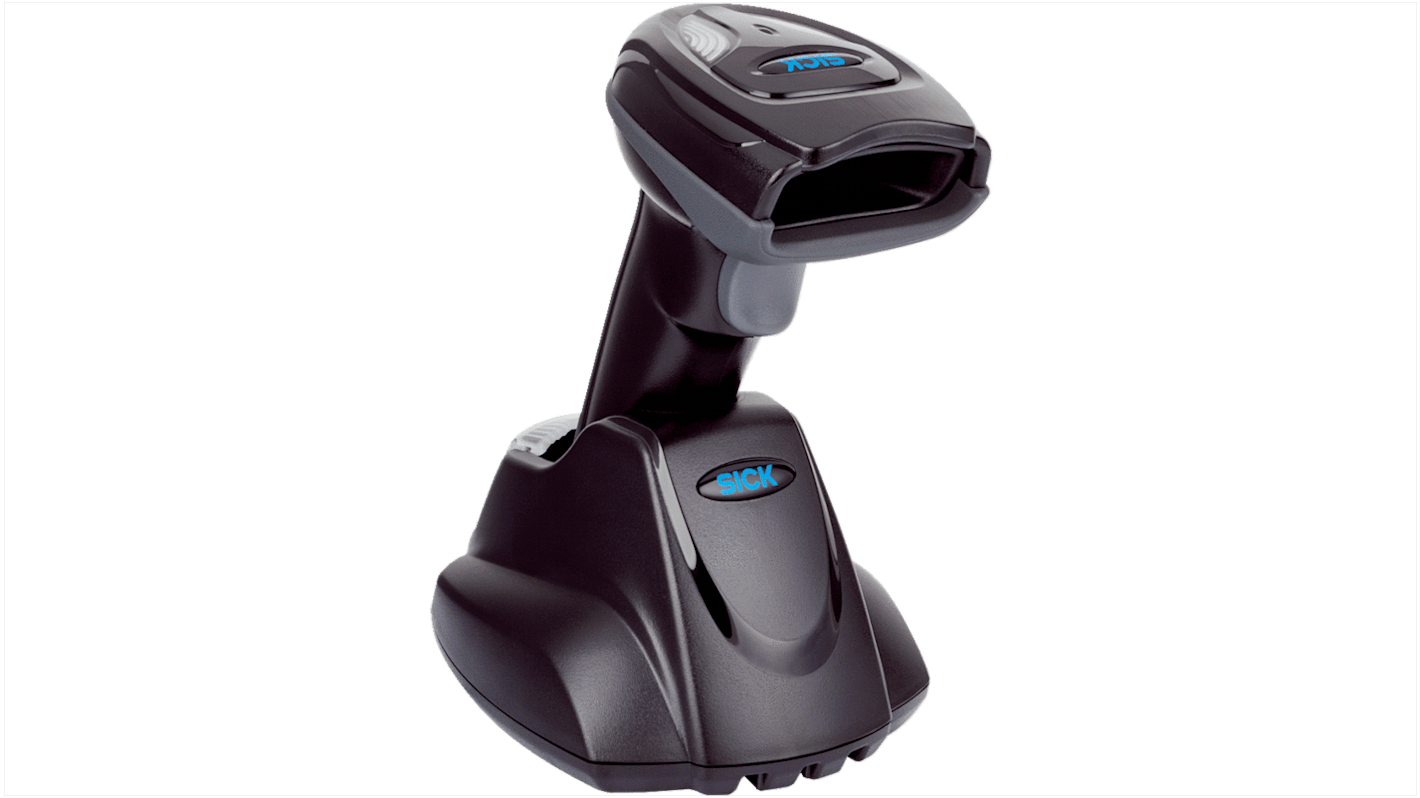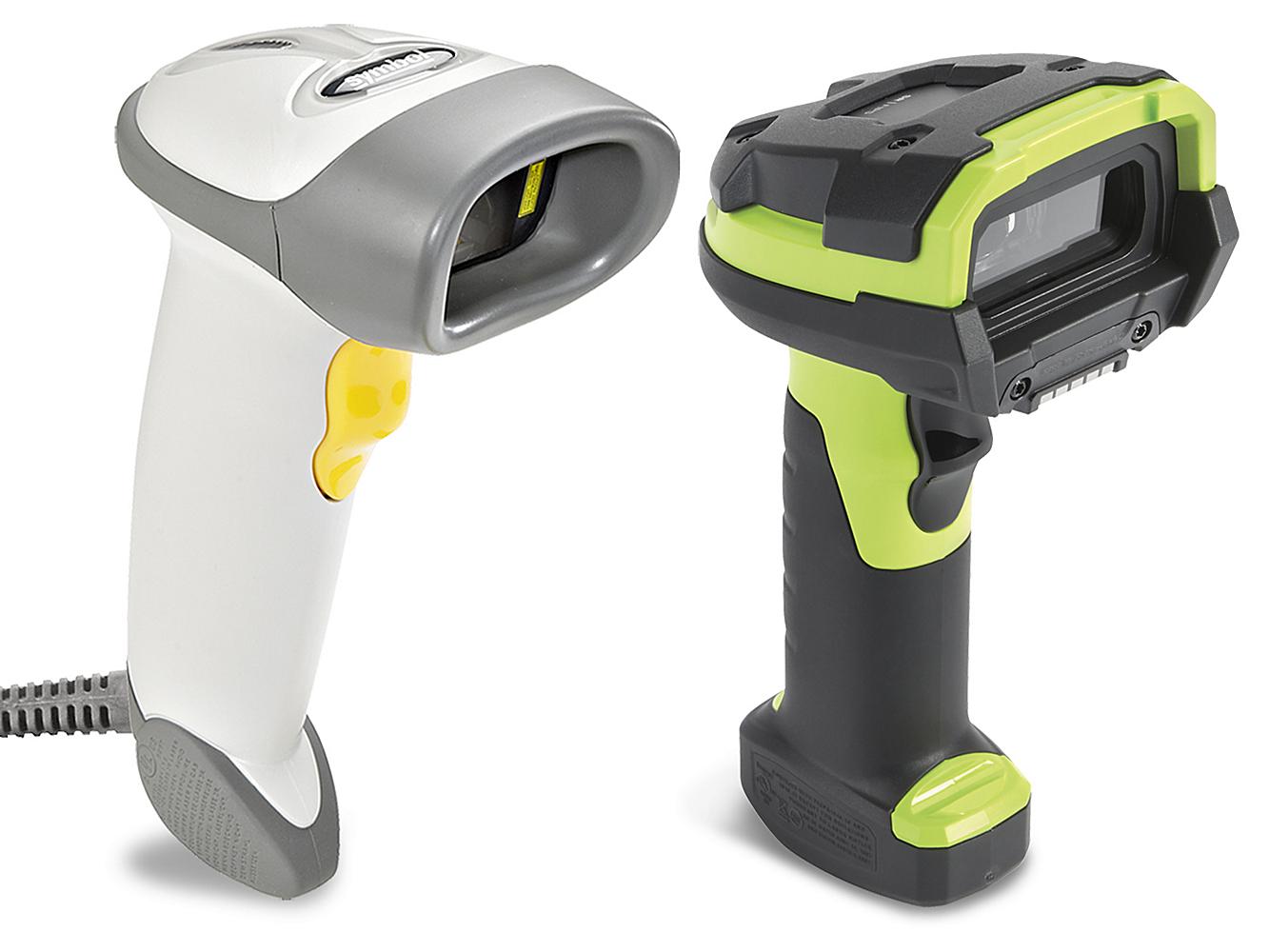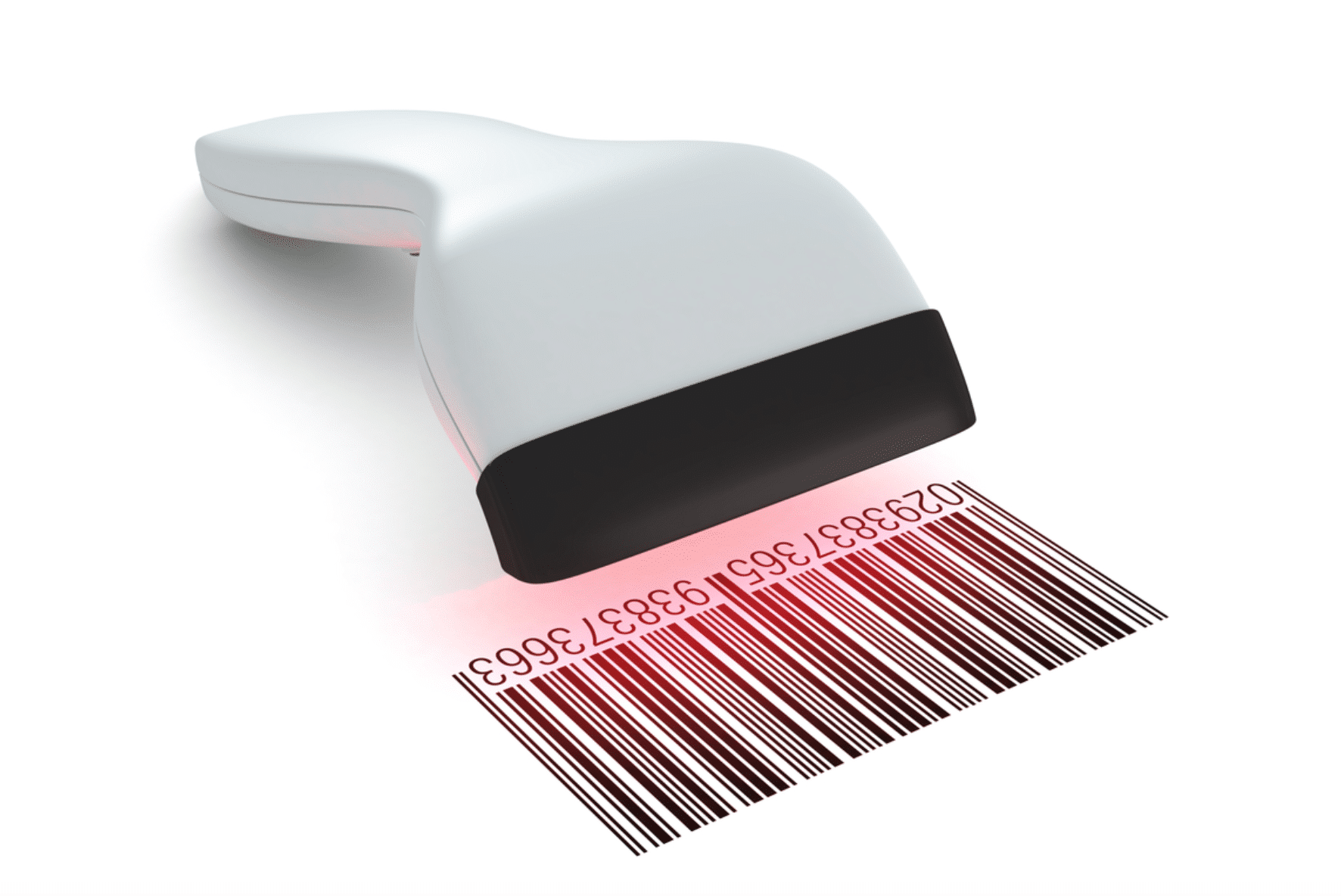Selecting the Right Barcode Scanner for Your Business Needs
Selecting the ideal barcode scanner for your organization requires a nuanced understanding of your specific functional needs and environmental problems. Variables such as scanner type, speed, and compatibility with existing systems play a critical role in figuring out the right selection.
Comprehending Barcode Scanner Types
When it comes to picking a barcode scanner, understanding the various types available is vital for conference particular service requirements. Barcode scanners can be classified into a number of types, each made for different applications and environments.
Portable scanners are one of the most usual, offering portability and ease of usage, making them suitable for retail and stock management. They usually attach by means of USB or Bluetooth, supplying flexibility in operation. Fixed-mount scanners, on the other hand, are made for high-volume scanning applications, commonly located in assembly lines or checkout counters. These scanners are installed in a stationary setting, permitting quick scanning of numerous things in sequence.
An additional type is the mobile computer, which combines scanning abilities with calculating power. These tools are excellent for field procedures or storehouse management, enabling data collection and real-time inventory monitoring. Additionally, there are commercial scanners that are built to withstand rough atmospheres, such as extreme temperature levels or direct exposure to dust and dampness.

Secret Functions to Consider
What important attributes should services prioritize when picking a barcode scanner? Primarily, scanning speed is critical, as faster scanners improve functional efficiency, especially in high-volume settings. The scanner's ability to read various barcode formats is likewise essential; ensure it sustains preferred types like QR codes, UPC, and Code 128 to accommodate diverse stock items.
Durability is an additional crucial attribute, especially for companies in sturdy setups. Seek versions that are built to hold up against drops, dirt, and wetness. Furthermore, consider the connection choices available; whether you choose USB, Bluetooth, or Wi-Fi, the appropriate connectivity can enhance integration with existing systems.

Analyzing Your Service Atmosphere
To efficiently pick a barcode scanner, services have to analyze their details operational atmosphere. This assessment consists of evaluating the physical format of the work area, the nature of the products being scanned, and the typical conditions under which scanning occurs. For example, a retail setting might call for portable scanners that can promptly refine transactions at the checkout, while a storage facility setting may profit from ruggedized scanners developed to endure harsher conditions.
In addition, think about the quantity of scanning called for. High-throughput atmospheres might necessitate advanced scanning innovations, such as fixed-position scanners or mobile devices that can run efficiently in fast-paced scenarios. The integration abilities with existing supply administration systems likewise play an important duty; guarantee the selected scanner can perfectly get in touch with software application systems in operation.
Moreover, evaluate the potential for growth and scalability. A scanner that meets current needs may not be sufficient as organization expands. By thoroughly assessing these aspects, find out here now companies can choose a barcode scanner that not only meets instant demands yet likewise sustains long-lasting functional efficiency and adaptability. This tactical strategy eventually contributes to smoother procedures and enhanced efficiency.
Budgeting for Your Scanner
Having actually analyzed the functional environment and identified the specific requirements for a barcode scanner, the next action involves cautious budgeting to guarantee a wise financial investment. Establishing a spending plan begins with identifying the general prices related to the scanner, including first acquisition rate, operational expenses, and potential upkeep fees.
When picking a barcode scanner, think about the series of available alternatives, from portable tools to fixed-position scanners, as costs can differ considerably. It is necessary to stabilize expense with functionality; choosing for an extra budget-friendly version may result in increased operational inadequacies if it does not fulfill your organization requirements.
In enhancement to the equipment, consider expenses associated with software program, training, and possible upgrades. While it could be alluring to minimize ahead of time expense, investing in a top quality scanner that lines up with your functional demands can produce long-term cost savings with enhanced effectiveness and reduced downtime.
Finally, think about the complete cost of ownership, which includes the scanner's lifespan and potential look these up resale worth. By meticulously preparing your budget plan, you can guarantee that your financial investment in a barcode scanner will certainly boost your operational productivity and economic performance.
Integration With Existing Solution
Incorporating a barcode scanner with your existing systems is critical for optimizing its efficiency and making sure smooth operations. barcodes scanners. A well-integrated scanner improves operations effectiveness, reduces errors, and increases data handling. When picking a barcode scanner, consider compatibility with your present software and equipment framework, including your supply administration systems, point-of-sale (POS) systems, and enterprise source preparation (ERP) options
Assess whether the scanner makes use of typical procedures such as USB, Bluetooth, or Wi-Fi, which can facilitate very easy integration. In addition, analyze whether the scanner's software program offers APIs or SDKs that allow for personalization and integration with exclusive systems. This is particularly essential for organizations with unique functional needs.
As your organization expands, your systems should be able to accommodate additional scanners and manage increased data volumes without substantial reconfiguration. Ultimately, investing in a barcode scanner that flawlessly integrates with your existing systems will certainly generate long-term advantages, improving accuracy, performance, and overall efficiency within your operations.

Conclusion
In conclusion, choosing an ideal barcode pop over here scanner necessitates a thorough assessment of various factors, including scanner kinds, important attributes, and the details business environment. The appropriate barcode scanner offers as an essential device in simplifying processes and assisting in efficient stock management.